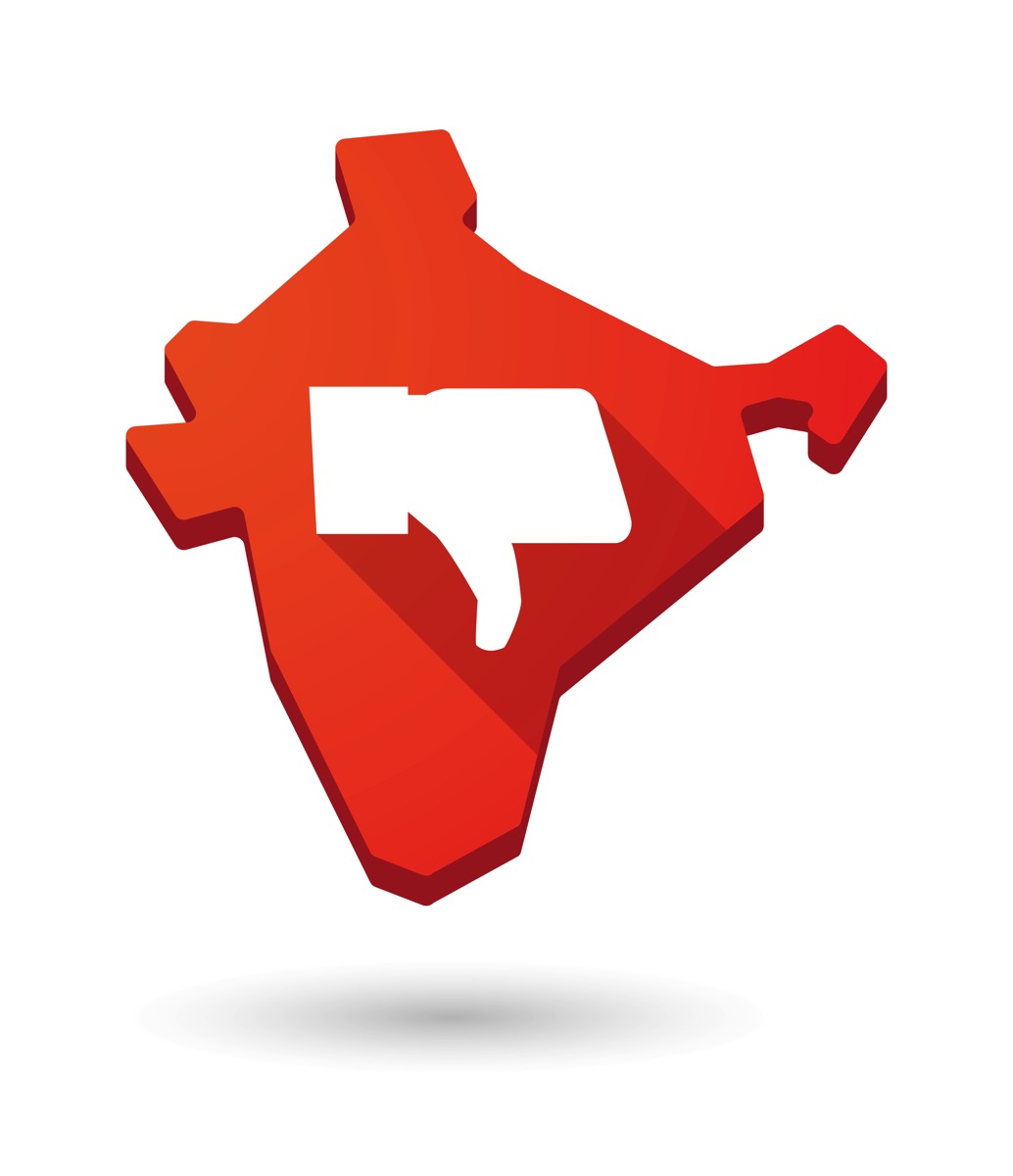India Censorship - on then off again
 India recently announced that all ISPs in the country will be required to block a list of over 800 websites. They claim all of these were for pornography or child pornography, but it turns out that was not the case for all of them. In the face of a massive backlash, the telecom ministry first said this was no big deal because people could use VPN services to bypass the censorship. They later down entirely.
India recently announced that all ISPs in the country will be required to block a list of over 800 websites. They claim all of these were for pornography or child pornography, but it turns out that was not the case for all of them. In the face of a massive backlash, the telecom ministry first said this was no big deal because people could use VPN services to bypass the censorship. They later down entirely.
Obviously this huge number of people protesting this move we're not all pedophiles but rather people who understood that this kind of censorship often leads to much broader and politically based censorship. At Anonymizer are we noticed a huge surge in the amount of traffic and sign-ups coming from India during this situation.
It is very important to set up your anti-censorship tools before you actually need them. It is easy for governments to block a website like Anonymizer.com, your service might continue to work for very long time but you would not be able to sign up in the first place once the censorship is put in place.
https://www.youtube.com/watch?v=9NZL8D-p6FY
[powerpress]